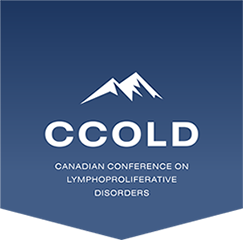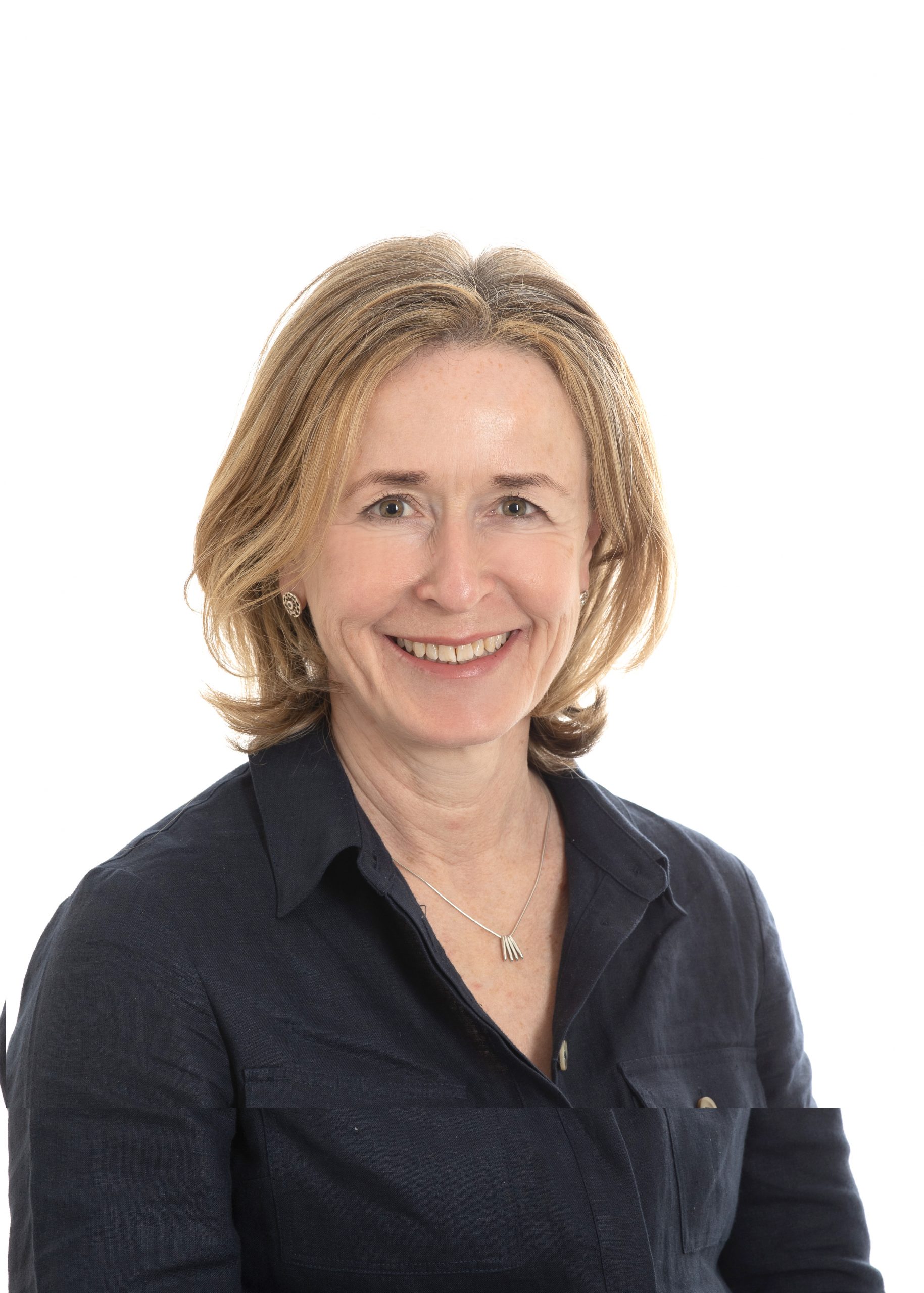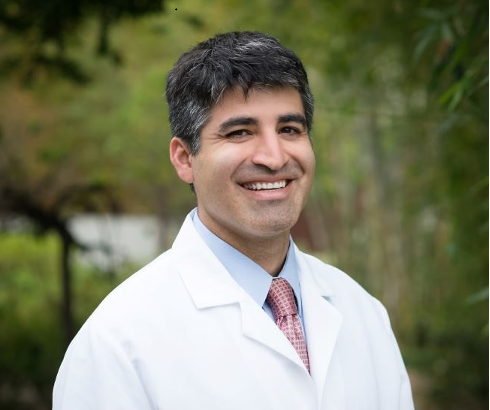Xavier Leleu, MD, PhD
Professor, Head of the Myeloma Clinic
Head, Department of Hematology
Hôpital La Mileterie – CHU de Poitiers
Poitiers, France
Xavier Leleu, MD, PhD, is Professor of Hematology at the Hôpital La Mileterie, part of the Centre Hospitalier Universitaire (CHU) de Poitiers in Poitiers, France. He serves as Head of the Myeloma Clinic and the Department of Hematology, and leads the Thor axis early-phase clinical research team at CIC U Inserm 1082. He works in close collaboration with the Immunology fundamental lab U Inserm 1313.
Professor Leleu earned his medical degree from the University of Bordeaux, France. He completed his specialization in public healthcare and statistics at the University of Medicine of Paris, and in hematology at the University of Medicine of Lille. He also holds a Master’s degree in cellular biology and a PhD from the University of Lille, completing his doctoral research at Dana-Farber Cancer Institute, affiliated with Harvard Medical School in Boston, Massachusetts, USA.
Before joining Poitiers, Professor Leleu led the Myeloma Clinic in Lille for nearly 15 years under the mentorship of Professor Thierry Facon. His research has focused on the preclinical development of novel agents, resistance mechanisms, and dormancy in Waldenström macroglobulinemia, as well as the clinical development of innovative therapies in multiple myeloma.
He was trained under Dr. Irene Ghobrial and Dr. Steven Treon in Professor Kenneth Anderson’s laboratory. Professor Leleu is a member of the Board of Directors of the Intergroupe Francophone du Myélome (IFM). His current research explores emerging immunologic and immunotherapy-based approaches with the goal of advancing toward a cure in multiple myeloma.









